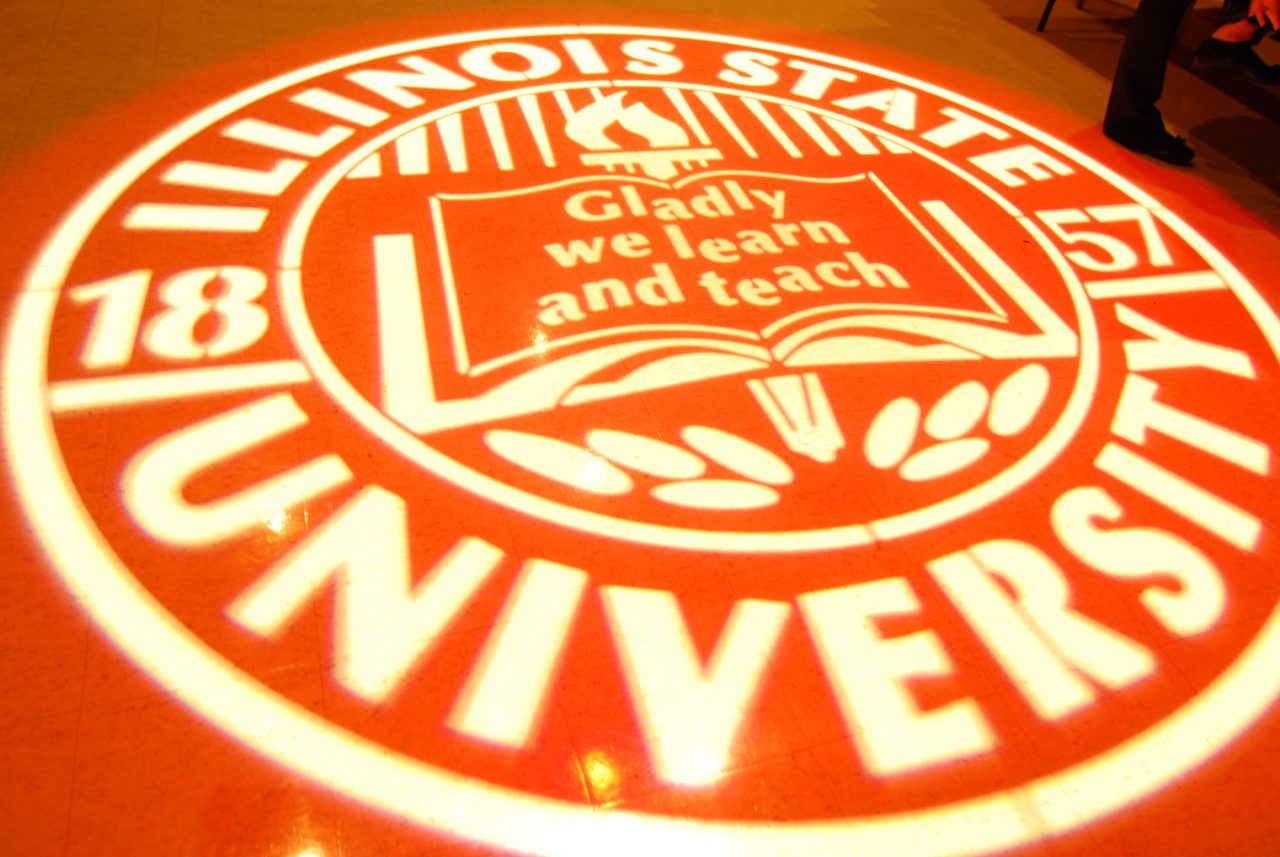If you covered a table with pages and pages of census data, no one’s smile would be broader than Winfred Avogo, a population studies specialist and demographer in his second year on the Sociology faculty.
“There is data we collect on an ordinary basis – birth certificates, marriage certificates, death certificates – and demographers try to make sense out of that data to interpret the trends happening right now,” he said. “We look at trends in ethnicity, employment, family structure and many other types of population information and then try to help make decisions for the future.”
Although he had earned a sociology degree in his homeland of Ghana, Avogo began to focus on population studies while doing his two-year required volunteer service teaching French in northeast Ghana, where his ethnic group lives. At the same time, the Population Council, a research organization in New York, was in Ghana studying and trying to solve the region’s problems with high infant mortality, maternal mortality and malnutrition.
“I thought to myself, what an opportunity!” Avogo said. “While I was teaching, I saw these social problems firsthand, so I decided to continue to teach French, but also to join the group doing this research. I was able to help the group understand the traditional practices in traditional culture that affected these social problems and we worked to institute intervention strategies to help address them. That started my research career.”
Avogo received his master’s degree at the U.N. Regional Institute for Population Studies, located at the University of Ghana, Legon. Then, as a field research officer in Ghana’s Ministry of Health, he worked on programs related to reproductive health. He studied the problems of reproduction, HIV/AIDS and inadequate knowledge among young people about their bodies. The research ended up addressing problems in community health planning and services and among Ghana’s youth.
“In Africa, development programs offer credit to small groups of mostly married women but not to individual young people,” Avogo said. “Young people have no collateral. But when you expose young people to livelihood activities, where they can learn skills to gain employment, then they will have access to credit. When you infuse those training programs with reproductive and sexual information, over time it can change their behavior and help limit the incidence and prevalence of sexually transmitted diseases, HIV/AIDS and teenage pregnancies. Everybody benefits.”
It was at a worldwide population conference in the U.S. that Avogo, who was presenting a paper, met his eventual Ph.D. advisor, Dr. Victor Agadjanian. Although Avogo was looking at several other doctoral programs, he ended up gaining admission to the sociology program at Arizona State where his advisor was a professor.
“I had been looking at his research and it turned out that my work was similar to what he was doing, but on the other side of Africa, in Angola and Mozambique,” he said. “I thought it would be better for me to work with an advisor who cared much about my work and whose work coincided with mine. He was someone who mentored me and encouraged me to grow into a scholar.”
During his four years at ASU, Avogo worked as a research associate at the Centre for Population Dynamics (CePoD), where he collaborated on research grants in Angola and Mozambique. At Arizona State, Avogo said he learned to become an all-around demographer of population science rather than one with expertise and familiarity for only specific parts of the world.
As graduation from ASU approached, Avogo learned about the faculty position opening at Illinois State and thought it would be a good match for him. Nearly two years later, he feels it was the right choice. Among the courses he teaches is Contemporary Social Problems in a Global Perspective. It is a course that reflects one of his philosophies of life.
“The standards you have are only in the context of your world. Being taught by faculty members who are from other countries helps open students’ eyes,” he said. “My objective in that class is not only for the class to learn about contemporary social problems. I try to guide students to look at global perspectives. For instance, when we discuss issues of the environment, we look at it globally. You must see the connection between what’s happening elsewhere and here, and here and abroad”
“The second part of the course deals with how individually we can contribute to structural solutions to social problems,” Avogo said. “They look at solutions after they analyze the causes in a sociological perspective. My goal is to give students better tools to understand what is going on the world.“
Avogo and his wife, Gloria, and their 7-year-old daughter and 3-year-old son, have settled nicely into the Twin Cities. His wife, who was a high school science teacher in Ghana, is studying to become a nurse.

